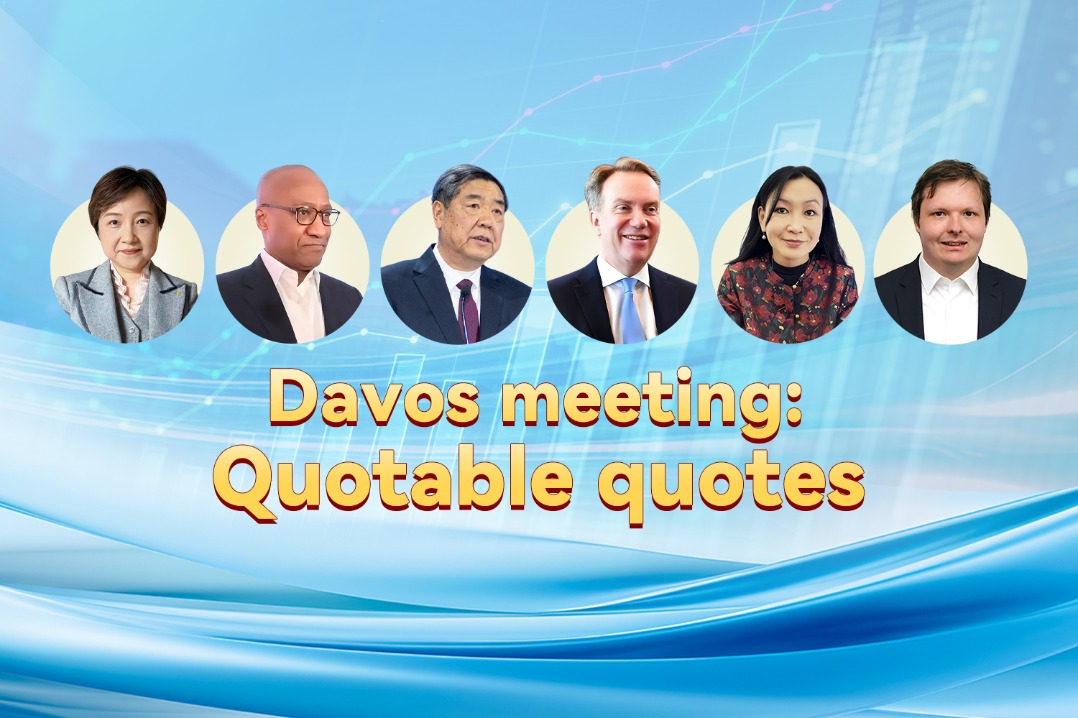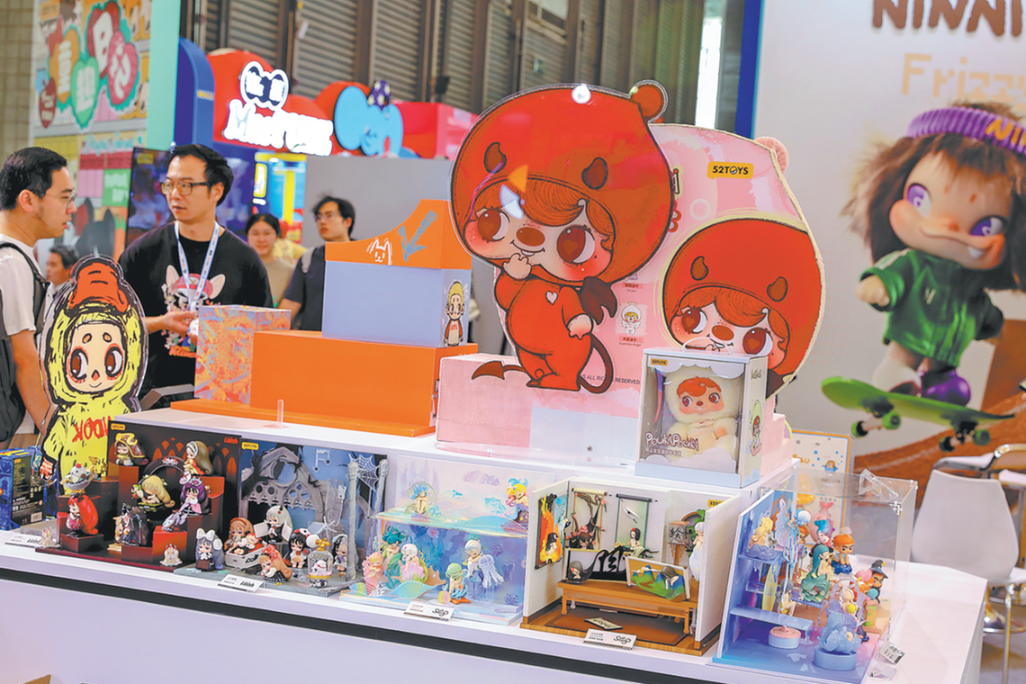WWII cooperation with US praised
Top Chinese envoy in Washington says two nations helped beat Imperial Japan

China and the United States, partners who fought together for peace and justice during World War II, should recapture that spirit of cooperation to battle the COVID-19 pandemic and other common foes, Beijing's top envoy in Washington said on the 75th anniversary of the end of World War II.
The anniversary, observed on Sept 2 in the US, is commemorated in China on Sept 3 to mark victory in the Chinese People's War of Resistance Against Japanese Aggression and the World Anti-Fascist War.
Putting aside the current tensions between Washington and Beijing, Ambassador to the US Cui Tiankai took the opportunity to revisit the shared history of the two countries during the war, when China and the US fought "shoulder to shoulder" for peace and justice in the Pacific Theater.
The ambassador tweeted a video clip on Thursday that included images of the Flying Tigers-officially, the First American Volunteer Group of the Chinese Air Force-and its team leader, US aviator Claire Lee Chennault, who helped China fight the Japanese.
"Since then, Flying Tigers, General Chennault and General Joseph Stilwell have become household names in China," Cui said in a video speech.
Linking the northeastern Indian town of Ledo and Yunnan's provincial capital Kunming via Tengchong, Stilwell Road-a 1,726-kilometer-long thoroughfare-was named after the US military commander.
In January, the Stilwell Road Museum opened to the public in Tengchong.
Stilwell was a US Army general and a key figure in the China-Burma-India Theater.
In the neighboring Guangxi Zhuang autonomous region, the Flying Tigers Heritage Park was built in 2005 on the site of Yangtang Airfield, the command base of the fighter group.
Since he has been in the US, Cui has received letters from US veterans of the Doolittle Raid, the daring April 1942 air attack on Tokyo and other targets, about their wartime memories of China.
"In the letters, they recalled with deep gratitude that when they crash landed in China after raiding Tokyo in World War II, the Chinese people put themselves in harm's way to rescue them and made huge sacrifices for it," he said. "This part of history will not be forgotten."
According to a 2015 book, Target Tokyo: Jimmy Doolittle and the Raid That Avenged Pearl Harbor, most of the aircrews flew on to China after attacking Japan. Low on fuel, the men either bailed out or crash-landed along the coast and were rescued by local villagers, guerrillas and missionaries.
"That generosity shown by the Chinese would trigger a horrific retaliation by the Japanese that claimed an estimated quarter-million lives," author James M. Scott wrote in the book.
Cui noted that China was the first country to sign the United Nations Charter after the war, and it has always dedicated itself to safeguarding and contributing to the international order.
Over the past 75 years, China, the US and the rest of the world have all gone through tremendous changes, and the growth of relations between China and the US has made a "significant contribution" to the wellbeing of the two peoples and to world peace, stability and prosperity, he added.
Looking back at history provides a right perspective of the future, Cui said.
Quoting a famous saying-"The best way to predict the future is to create it"-Cui proposed the two countries relive the spirit of cooperation from World War II and "confront our common enemies in the new era: COVID-19, economic recession, climate change and other global challenges".
Cui concluded: "Let's work together to realize the vision enshrined in the UN Charter: 'to save succeeding generations from the scourge of war… and to promote social progress and better standards of life in larger freedom'."
Today's Top News
- China's grain output hits new high in 2025
- Trump drops EU tariff threat after deal framework over Greenland in Davos
- China's message in Davos draws praise
- Consensus, not coercion, key to Ukraine crisis
- Wide view seen as key to full grasp of China
- Trump seeks immediate talks on buying Greenland






























